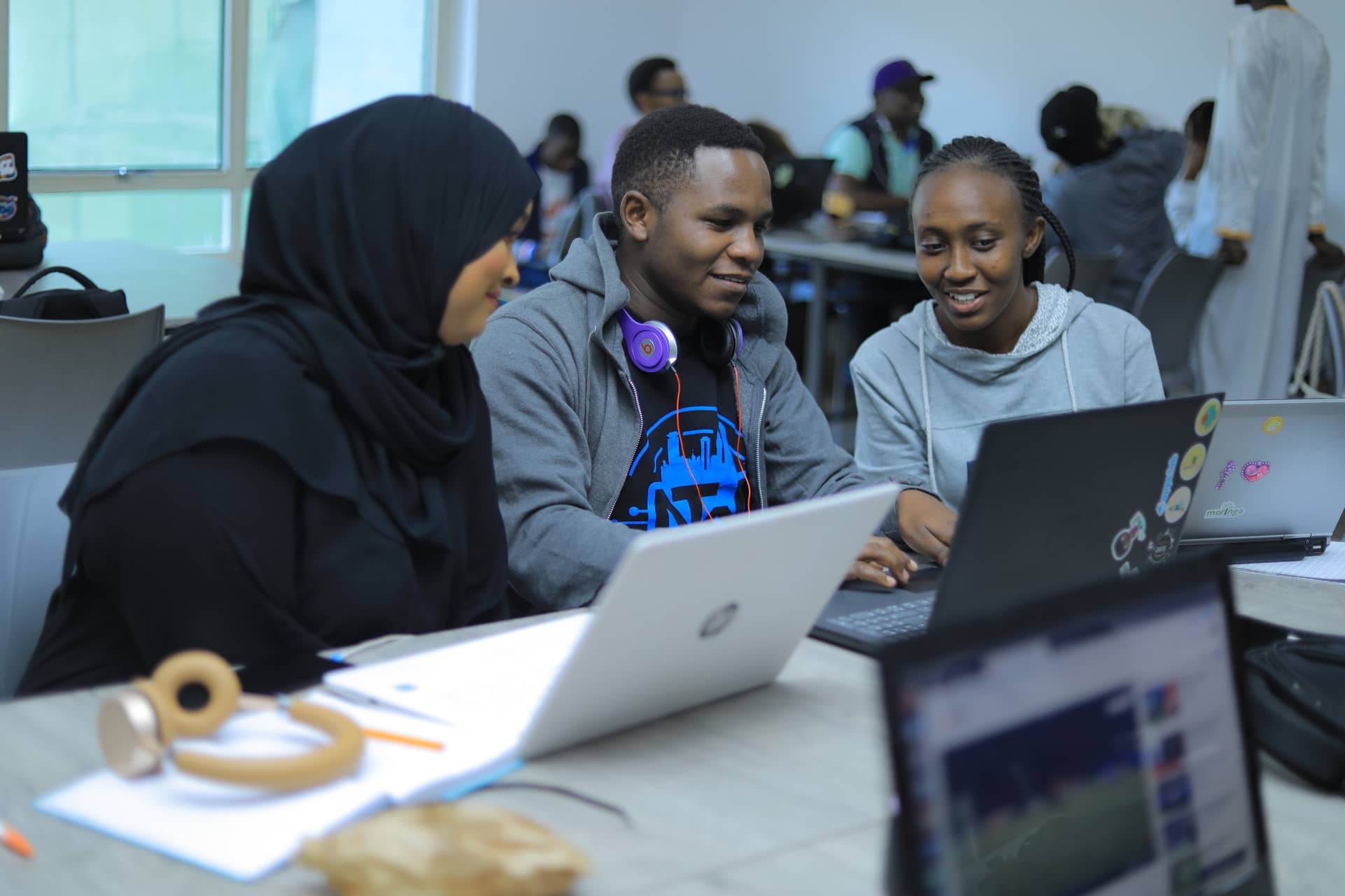advertisement
Aspira, Moringa School Partner To Offer Loan Education Financing

Aspira Kenya and Moringa School have partnered to help enable eligible students to benefit from its Soma Loan education financing facility to enable them to have acquire critical market-driven skills at Moringa School.
“Financing of education is a critical investment in the future of Kenya, as it helps to promote social and economic development, reduce poverty, and enhance the overall quality of life for Kenyan citizens, irrespective of their socio-economic background,” said Cim Financial Services Ltd CEO Mark van Beuningen.
Moringa School is a multi-disciplinary learning-accelerator committed to closing the skills-gap in Africa’s job markets by delivering transformative tech-based learning to high-potential jobseekers; and on graduation connecting them to local and international employers who desire high-quality tech talent.
advertisement
Speaking on his part, Snehar Shah, Moringa School CEO said that the challenge in Kenya is to produce skilled workers who understand how to use technology to solve problems and to build a workforce with such competencies these trainees require affordable and flexible financing to see them through their respective courses.
Aspira’s Soma education financing is a solution for both parents and students as well as educational institutions with the company announcing intentions to partner with more schools, universities and professional training institutions in Kenya to enable them to focus on their core business while Aspira assists with the financing of the course fees.
“Despite the marketability of tech courses, many deserving students face challenges to pay the course fees, which is why having a financing partner will be of benefit to students,” Snehar added.
advertisement
Moringa School has been graduating upto 500 students every quarter and growing.
Through the introduction of its 5-6 month Software Development and Data Science Bootcamps, Moringa School has trained over 7,000 learners from diverse backgrounds and experiences while channeling their motivation to learn and grow through market-aligned curriculum, a learning approach that simulates practical on-the-job-experience, and a vibrant community of employer partners, higher learning institutions, and other industry stakeholders.
This approach ensured that graduating students are prepared to take up their rightful place in the digital economy with the school achieving 75% placement rate for all job-seeking alumni within 12 months.
advertisement
Kenya’s labour market has remained almost unchanged since 2013 according to Kenya Institute for Public Policy Research and Analysis (KIPPRA’s) latest economic outlook.
The total employment has been growing at an average rate of about 5.07 per cent since 2013 with the Kenya National Bureau of Statistics (KNBS) findings showing the unemployment rate in the country rose to 2.65 per cent in 2020 from 2.64 per cent in 2019.
As of this year, the population that is hardest-hit by unemployment, the youth, is estimated at 38.9 per cent, with an approximate of 800,000 young people getting into the labor market every year from institutions of higher learning. Kenya is currently listed as the country with the largest number of unemployed youths in East Africa, according to World Bank.